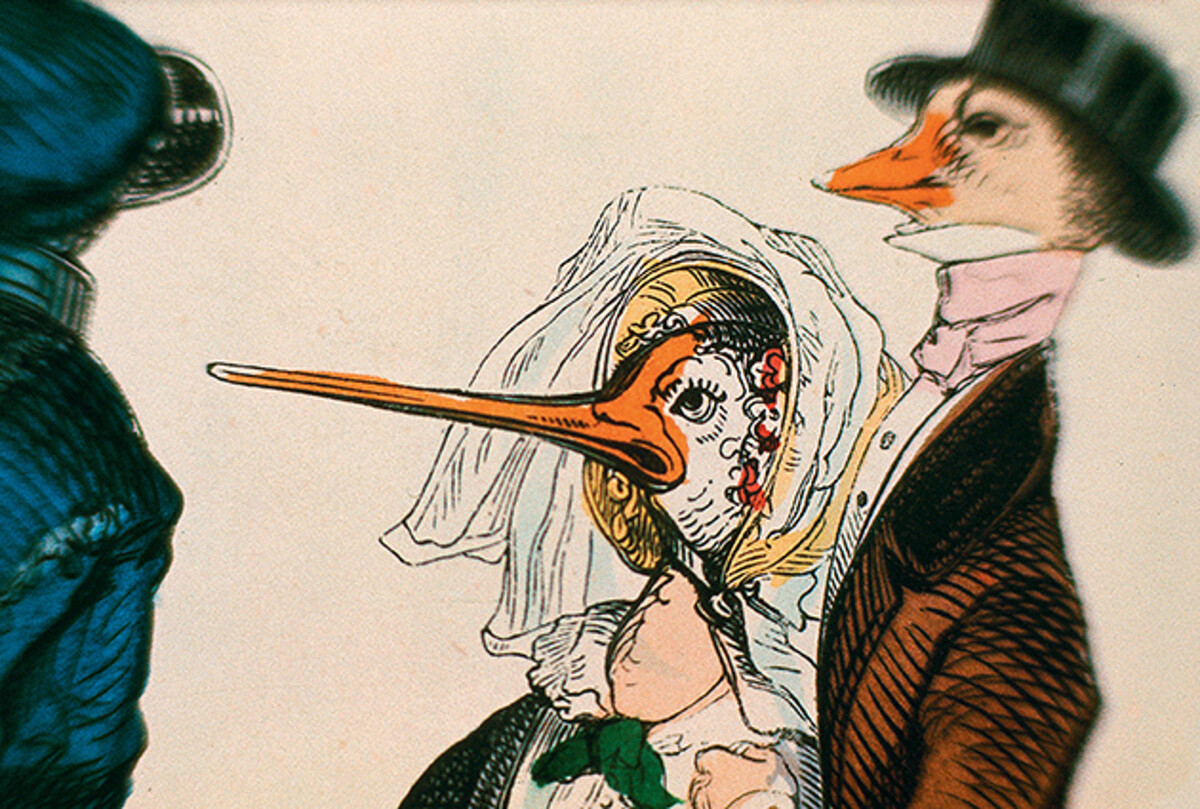July 26, 2012
Animism can be called the “vanishing point of the modern” for its opposition to modern rationalities, meaning the point where modernity “disappears.” It is also a “vanishing point” in the sense of its importance and notoriety for the “modern perspective,” particularly in this moment as we try to develop new perspectives both on animism and the modern legacy.
Anselm Franke, Thomas Keenan, Spyros Papapetros, and Elizabeth Povinelli will each present on this subject, marking the close of Animism on view at e-flux until July 28.
Anselm Franke is an independent curator and freelance writer. He is the curator of the Taipei Biennial, 2012, and the five-part exhibition Animism, presented in Antwerp, Berne, Vienna, Berlin, and New York (2010–2012). Previously he has been curator at KW Institute for Contemporary Art, Berlin (2001–2006), Director of Extra City Kunsthal Antwerp (2006–2010), and Co-Curator of Manifesta 7 and the 1st Brussels Biennial. He is the editor of several publications and artist books, and a contributor to e-flux journal. He has been co-curator of the Forum Expanded of the International Film Festival Berlin since 2005.
Thomas Keenan teaches literary theory and human rights at Bard College, where he directs the Human Rights Project. He is the author of Fables of Responsibility: Abberations and Predicaments in Ethics and Politics (Stanford University Press, 1997) and co-editor, with Wendy Chun, of New Media, Old Media: A History and Theory Reader (Routledge, 2006). He recently published, with Eyal Weizman, Mengele’s Skull (Sternberg, 2012). The exhibition “Antiphotojournalism,” which he curated with Carles Guerra, was on display at La Virreina in Barcelona and FOAM in Amsterdam in 2010–11; he also curated “Aid and Abet,” a project featuring photographers from VII Photo Agency, for the Zoom festival in Quebec in 2011.
Spyros Papapetros, Associate Professor of History and Theory of Architecture at Princeton University School of Architecture, is an art and architectural historian and theorist whose work focuses on the historiography of art and architecture, the intersections between architecture and the visual arts, as well as, the relationship between architecture, psychoanalysis and the history of psychological aesthetics. He is the author of On the Animation of the Inorganic: Art, Architecture, and the Extension of Life (forthcoming by the University of Chicago Press, 2012) and the editor of Space as Membrane, by Siegfried Ebeling (London: AA Publications, 2010). Papapetros is also the co-editor of a forthcoming book based on the symposium Retracing the Expanded Field that took place in the Princeton School of Architecture in 2007 on the intersections between architecture and the visual arts during the last three decades.
Elizabeth A. Povinelli is Professor of Anthropology and Gender Studies at Columbia University. Her work seeks to develop a critical theory of late liberalism. She is the author of four books, Labor’s Lot (Chicago, 1994); The Cunning of Recognition (Duke, 2002); The Empire of Love (Duke, 2006); and Economies of Abandonment (Duke, 2011). She was a former editor of the journal Public Culture. She is currently working on a graphic memoir at the American Academy in Berlin.

